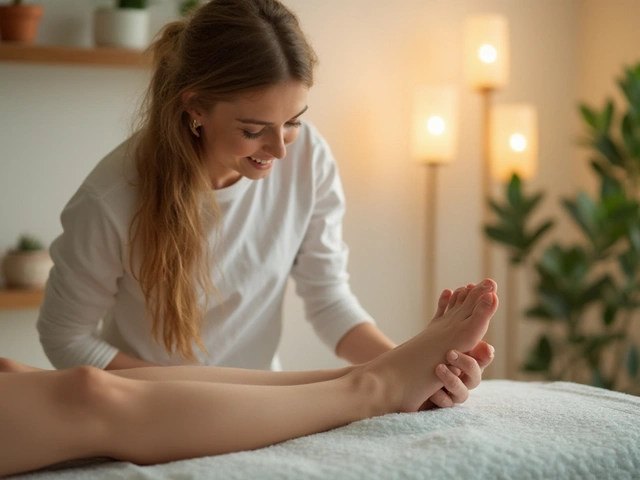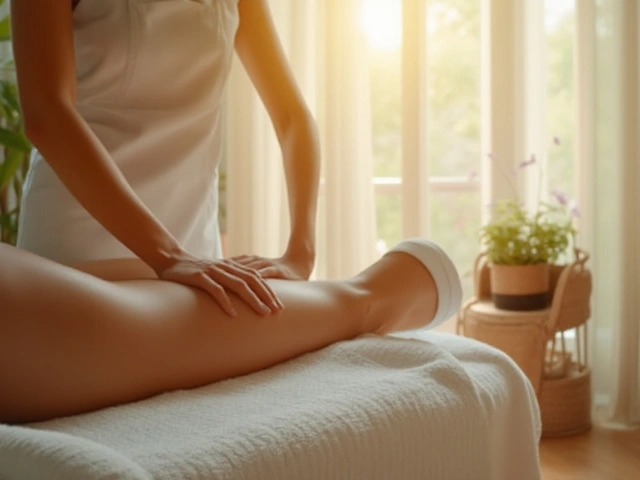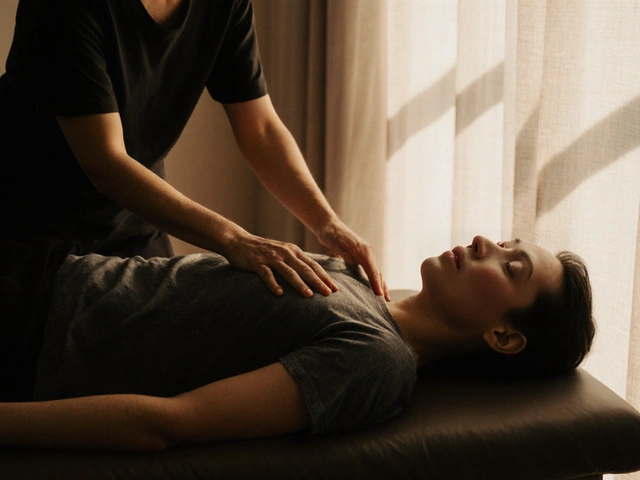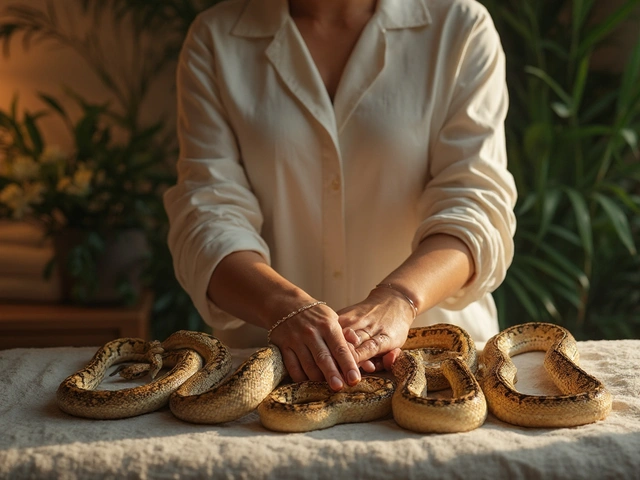Unlock the Secrets of Aromatherapy: A Beginner's Guide
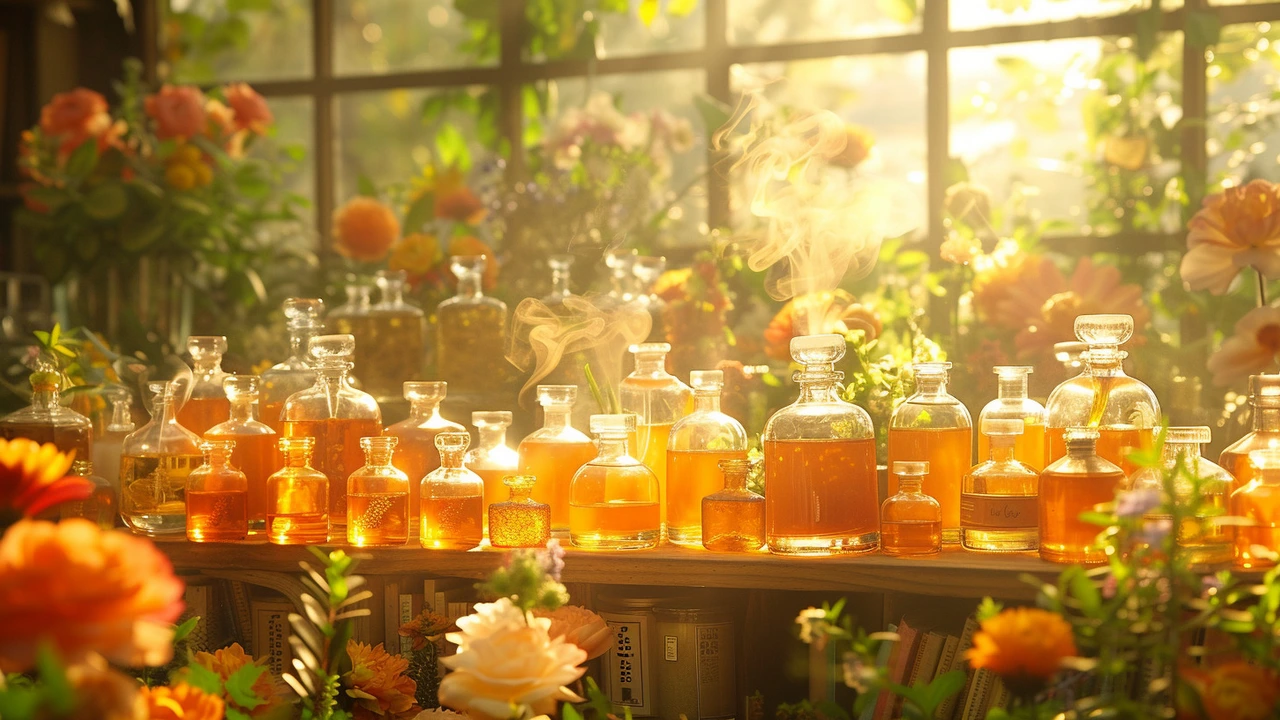
Demystifying the Ancient Art of Aromatherapy
When I tell you that my house smells divine all the time, I'm not bragging. I'm simply harnessing the power of aromatherapy - the use of essential oils for healing and promoting wellness. Let's unravel the secrets of this ancient practice, shall we?
In simple terms, aromatherapy is the use of aromatic essential oils from plants for improving physical, mental, and spiritual well-being. Each oil has unique characteristics, functions, and uses - so myriad and extensive that once you plunge into this aromatic journey, there's simply no return!
But before you think this is some new age, hippie mumbo-jumbo, let me tell you - it’s not, okay? Aromatherapy has been used for thousands of years and is still very much prevalent in our lives today. We just don’t realize it. For instance, the fresh whiff of lemon zest in your kitchen, the soothing scent of lavender in your soap, or the warmth of cinnamon in your desserts. Think about it. It's aromatherapy all around us.
What's that Smell? Understanding Essential Oils
Essential oils are the 'essence' of a plant, a gift from the earth, distilled and prepared for you to bring the power of nature into your home. They are extracted from various parts of a plant through a process called steam distillation (or sometimes cold pressing).
The concentrated extracts hold the plant's therapeutic properties, which when inhaled or applied to the skin, interact with our body's chemistry to promote holistic well-being. For instance, peppermint oil to invigorate your senses or lavender oil to help you relax before bed - I often do this and have to say that the aroma of lavender is simply heavenly!
Choosing Your Essential Oils Wisely
There are loads of essential oils available on the market, but not all are created equal. It's important to use high-quality, 100% pure essential oils to reap their therapeutic benefits. Not those chemically synthesized, artificial ones - they're just bad news bears. They might smell nice, but the therapeutic benefits are as good as null.
Opt for oils from companies that use organic growth methods, ethical harvesting practices, and eco-friendly packaging. Trust me, your nose (and body) will thank you for it.
Ways to Use Aromatherapy
There are numerous ways to incorporate aromatherapy into your life. The most common practice is through inhalation, where the aroma of the essential oils stimulates your olfactory system, affecting the limbic system (part of your brain responsible for emotions, behaviors, and memory). Fascinating stuff, isn't it?
Aromatherapy can also be applied topically, but remember, these potent oils should never be applied directly onto your skin. Always dilute them with a carrier oil like jojoba or almond oil. Your skin will love you for it!
Diffusing essential oils is another popular method. I use a diffuser in my home, and it works wonders. Even as I write this, I have my trusty diffuser pumping out a beautiful mix of rosemary and lemon oils - keeps me bright and focused!
Aromatherapy for Well-Being
Aromatherapy encourages relaxation, aids sleep, improves mood, relieves stress, boosts the immune system - the list continues. There's an essential oil for almost anything that ails you. But remember, aromatherapy is a complementary treatment. It's not meant to replace conventional medicine, but rather to enhance it. For serious health concerns, always consult your doctor first.
To accentuate this point, here's a little snippet from my life. Due to her pestering school homework, my daughter Eloise occasionally suffers from minor stress-induced headaches. To help alleviate her discomfort, I blend lavender and peppermint oil diluted in a carrier oil and gently massage it onto her temples. I do this while narrating funny, imaginary tales about our beagle, Jasper. In no time, she's laughing and the headache dissipates like magic!
The Pitfalls to Avoid
Aromatherapy is generally safe, but as you embark on this aromatic journey, be vigilant of its pitfalls. Some oils may cause allergic reactions and others might not be safe during pregnancy. Be aware and reach out to a certified aromatherapist if you're unsure.
Also, remember, less is always more in aromatherapy. Don't go on a diffusing spree, thinking the more you use, the better the benefits. It doesn't work like that, folks.
At my home, Finnegan (my other half) once decided to play the charming concoctionist with my stash of essential oils, adding 'a bit of this and a bit of that', resulting in an aromatic catastrophe. Our home smelt like a heavy blend of a flower garden, a pine forest, and a citrus grove all at once. Oh, the migraine!
So, dear readers, as we bathe in the fragrant realm of aromatherapy, let's remember - to each their scent. May this guide serve as your gateway to the fascinating world of essential oils and aromatherapy. Happy sniffing!

